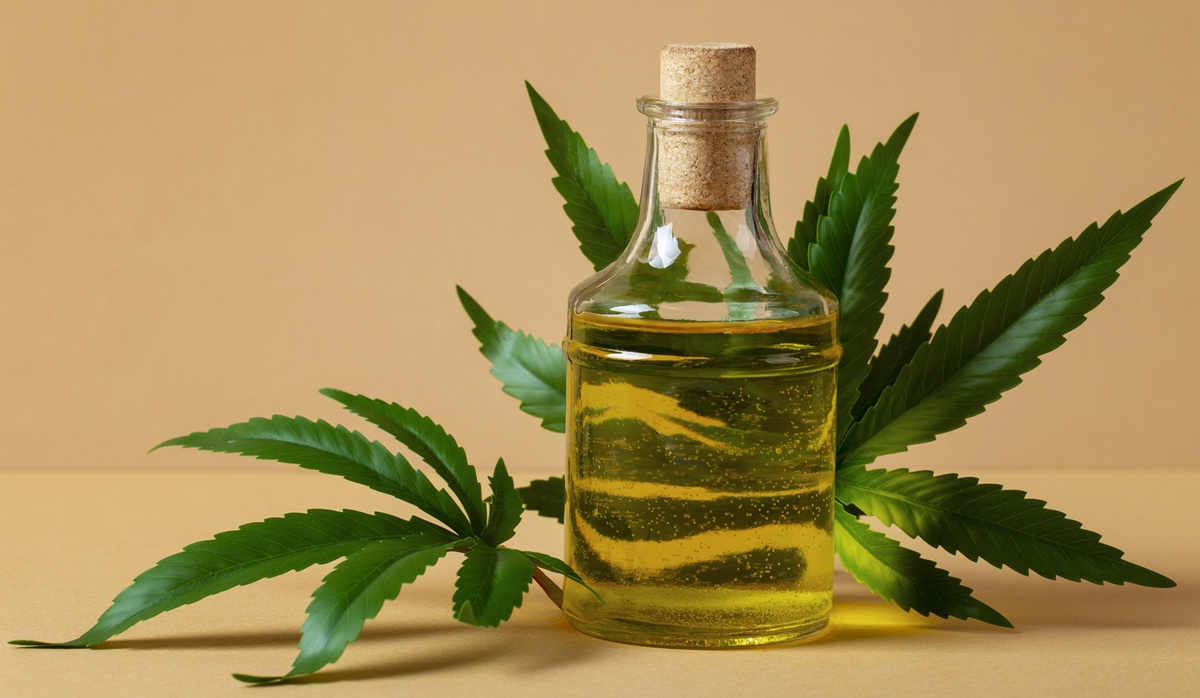The surge in popularity of CBD oil has left many wondering: do doctors support its use? CBD, or cannabidiol, has gained attention for its potential health benefits, with claims ranging from pain relief to anxiety reduction. But amidst the hype, there is a doubt. Are medical professionals on board with recommending CBD oil?
In exploring this question, examining the evidence and expert opinions is essential. While some doctors advocate for CBD oil's potential therapeutic effects, others remain cautious due to the lack of extensive research and regulation. The medical community seeks concrete evidence to validate claims and ensure patient safety.
We will look at what doctors and scientists have to say and what factors influence their opinions. So, if you're curious about CBD oil and what the experts think, keep reading!
Is CBD Oil Medically Proven to Work?
Scientists are looking into whether CBD oil helps with health problems like pain, anxiety, and epilepsy. They want to know if it can make a difference for people dealing with these issues.
Some studies suggest that CBD oil might be useful for easing pain, calming anxiety, and reducing seizures.
EXAMPLE
Epidiolex is a good example that shows CBD oil can work for certain health problems. It's a medication made from CBD, and doctors can prescribe it to help manage epilepsy in some patients. The FDA has approved this medicine, which means it's been thoroughly checked and found to be safe and effective for treating epilepsy.
Do Healthcare Experts Recommend CBD Oil?

Healthcare experts consider recommending CBD oil for various health conditions based on available evidence and individual patient needs. While the research surrounding CBD oil is still evolving, some conditions for which healthcare experts may consider recommending CBD oil include:
- Relief from persistent pain conditions like arthritis and neuropathy.
- Potential in reducing symptoms of generalized anxiety and PTSD.
- FDA-approved for managing certain types of epilepsy, like Dravet syndrome and Lennox-Gastaut syndrome.
- Helpful in improving sleep quality and managing insomnia.
- Alleviate nausea and vomiting, particularly in cancer patients undergoing chemotherapy.
- Anti-inflammatory properties that could benefit conditions like rheumatoid arthritis.
- Help with skin conditions such as acne, eczema, and psoriasis.
- Manage neurological conditions like Parkinson's disease and multiple sclerosis.
- Relief from migraines with the use of CBD oil, although more research is needed in this area.
- Alleviate symptoms of IBS, including abdominal pain and diarrhea, by interacting with the endocannabinoid system.
Overall, medical professionals approach CBD oil with a commitment to patient safety and evidence-based practice. While opinions may differ, the consensus among healthcare providers is the importance of ongoing research, open communication with patients, and adherence to ethical principles in navigating the complex landscape of CBD oil use.
How Can Medical Endorsements Enhance The Credibility of CBD Oil?
Medical endorsements can significantly enhance credibility and trust in CBD products through several mechanisms:
Scientific Validation
Medical endorsements are often based on scientific evidence and clinical research, validating the efficacy and safety of CBD oil. Healthcare professionals can cite studies and clinical trials supporting the therapeutic benefits of CBD oil for various health conditions, enhancing its credibility among consumers.
Expert Authority
Healthcare professionals, including doctors, pharmacists, and researchers, are considered authorities in the medical field. Their endorsement of CBD oil lends credibility and legitimacy to its potential health benefits, reassuring consumers about its efficacy and safety.
Professional Experience
These anecdotes and testimonials from trusted professionals can instill confidence in consumers considering CBD oil as a therapeutic option.
Risk Mitigation
Healthcare professionals can help to reduce the perceived risks associated with CBD oil by providing guidance on its proper use and potential interactions with other medications. Their endorsement may alleviate concerns about safety and efficacy, further enhancing the credibility of CBD oil products
The Bottom Line
Even though there are positive signs, scientists still have a lot to learn about how CBD oil works and who it can help the most. More research is needed to understand its benefits and risks fully. By continuing to study CBD oil, scientists hope to find ways to make it even more helpful for people dealing with different health issues.
Moreover, CBD's legality and regulatory status add another layer of complexity. In many places, CBD exists in a gray area, leading to uncertainty among healthcare professionals regarding its use and recommendation.


No comments yet